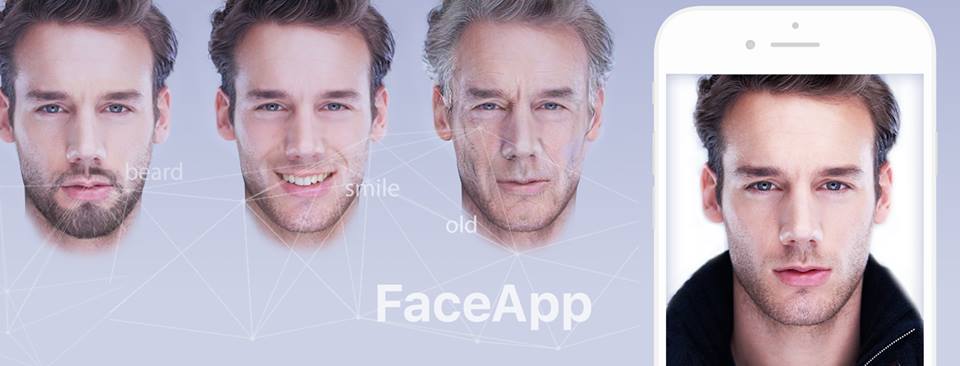Impressive artificial intelligence that delivers some of the most convincing facial effects has made FaceApp incredibly popular in recent weeks. But there’s some concern over what happens to your photos when you use it.
The good news is FaceApp won’t steal your entire photo library. However, some of your images will end up on its servers.
FaceApp isn’t the first novelty photo editing app that lets you change your hairstyle, iron out some unwanted wrinkles, or see what you might look like in 50 years’ time. But it is one of the most impressive so far.
Let me introduce you to… young @tim_cook! pic.twitter.com/3J6qrrZKAY
— Kevin Clark (@vernalkick) July 15, 2019
Unlike similar apps, FaceApp’s effects are incredibly convincing. So convincing that they’ve helped FaceApp go viral in recent weeks, and earned it a 4.8-star rating on the App Store after more than 482,000 reviews.
But there have been suggestions that FaceApp steals every single one of the photos in your library. That’s not quite true.
What does FaceApp do with your photos?
When you start using FaceApp, it will ask for access to your photos — like all photo editing apps. After you’ve granted your approval, it will present you with all your images so that you can quickly find the one you want to edit.
Not all of those images are sent to FaceApp’s servers, though.
Will “Chronic” Strafach, creator of one of the very first iPhone unlocks and founder of the Guardian Firewall app for iOS, used a network traffic analyzer to find out exactly what happens to your data when you use FaceApp.
“I tried to replicate the thing people are talking about with FaceApp allegedly uploading your full camera roll to remote servers, but I did not see the reported activity occur,” Strafach explains.
Not all your photos are safe
That’s great news — but it’s not the end of the story.
It turns out that any photos you select to edit in FaceApp are uploaded to its servers. Many of the effects offered by the app are applied “server-side” — not on your device itself — so the images you edit must be uploaded.
That’s not so great news.
FaceApp certainly isn’t the first to do this, and most users won’t be too concerned about it. They will just be careful about which images they edit. What many won’t be happy with is that FaceApp doesn’t make this behavior clear.
FaceApp needs better transparency
The process is “non-obvious,” Strafach explains, so you have no idea it’s happening. You won’t see a disclaimer when you start using FaceApp that explains selected photos must be uploaded for processing.
Had there been a disclaimer, privacy-conscious FaceApp users may have chosen not to edit any photos at all. Sadly, Apple doesn’t force iOS developers to disclose that kind of information inside their apps.
But now you know — and you can tell friends who use the app what’s happening to their photos.


